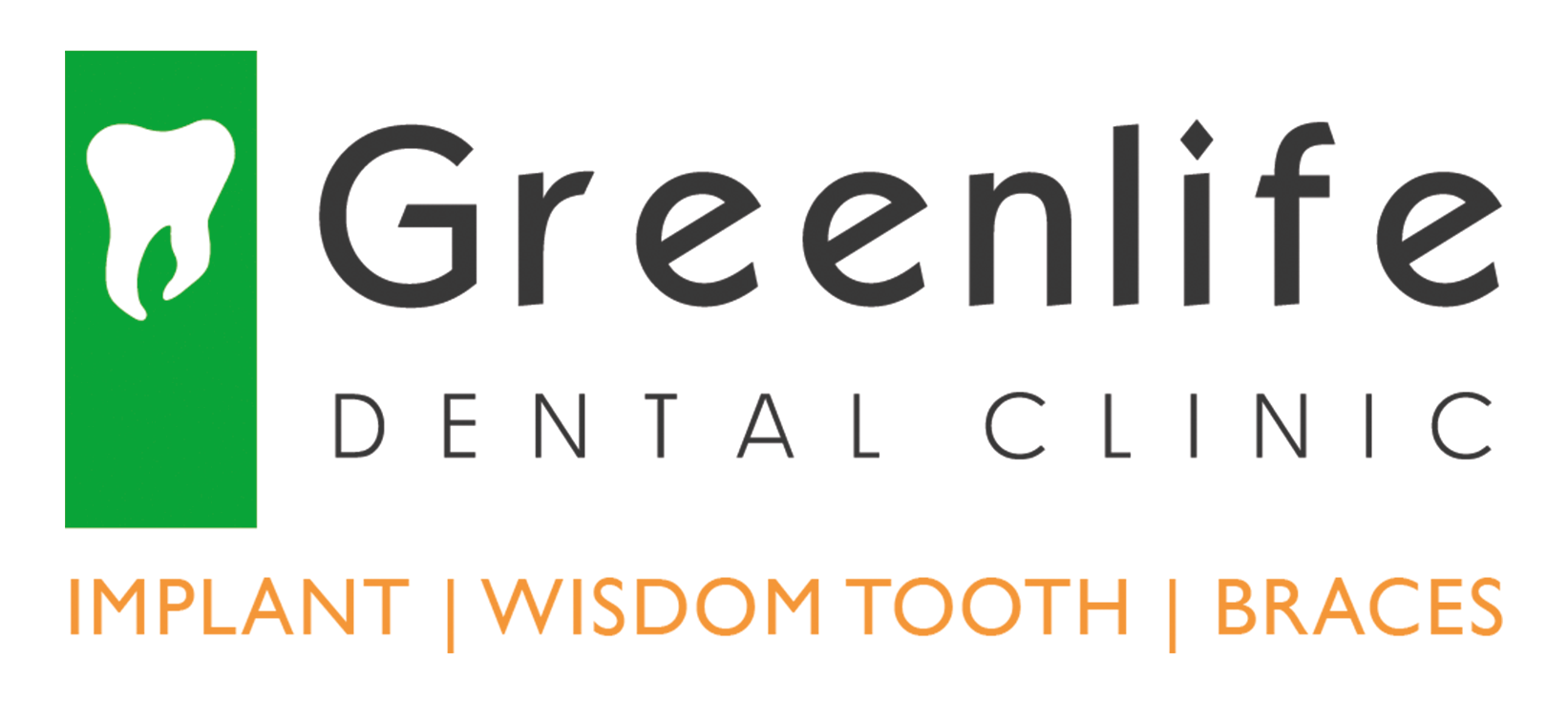
The probable consequences of smoking are terrifying – even more so than the prospect of being hit by North Korea’s nuclear arms. Other than increasing the risk of developing cancer, it also affects your oral health adversely. Shown below is a non-exhaustive list of impacts smoking might have on your oral health.
1. Halitosis (Bad Breath)
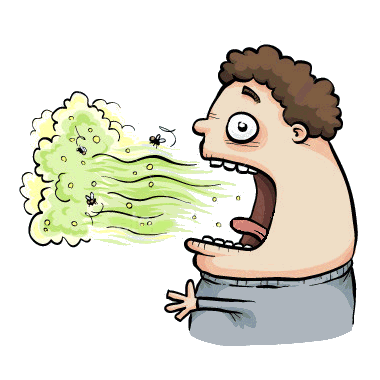
When you smoke, cigarettes leave smoke particles in your throat and lungs, leaving you with smoker’s breath. It doesn’t stop there, though. It dries out your mouth, and the chemicals in tobacco smoke can remain in the mouth, leading to a host of secondary causes of bad breath.
2. Yellow Teeth
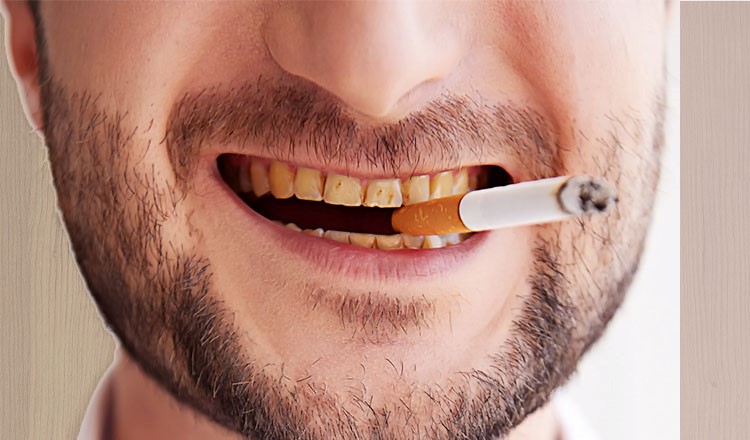
The tar from cigarettes not only stain your teeth, but your tongue as well.
3. Dulled Sense of Taste and Smell

Smoking affects the shape of your taste buds and vascularization – the formation of blood vessels, rendering your taste buds less sensitive hence dulling your senses.
4. Increased Calculus Formation
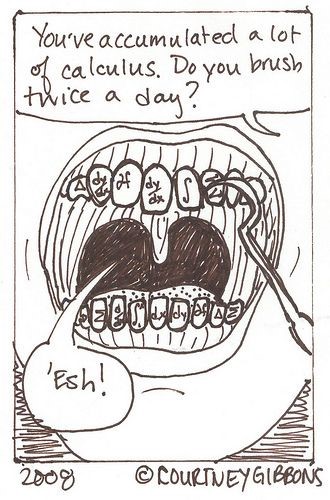
Perhaps due to the decrease in saliva production caused by smoking, smokers have more calculus – hardened plaque – on their teeth than non-smokers. However, results also seem to suggest that the effects of smoking may be reversed.
5. Periodontal Disease (Gum Disease)
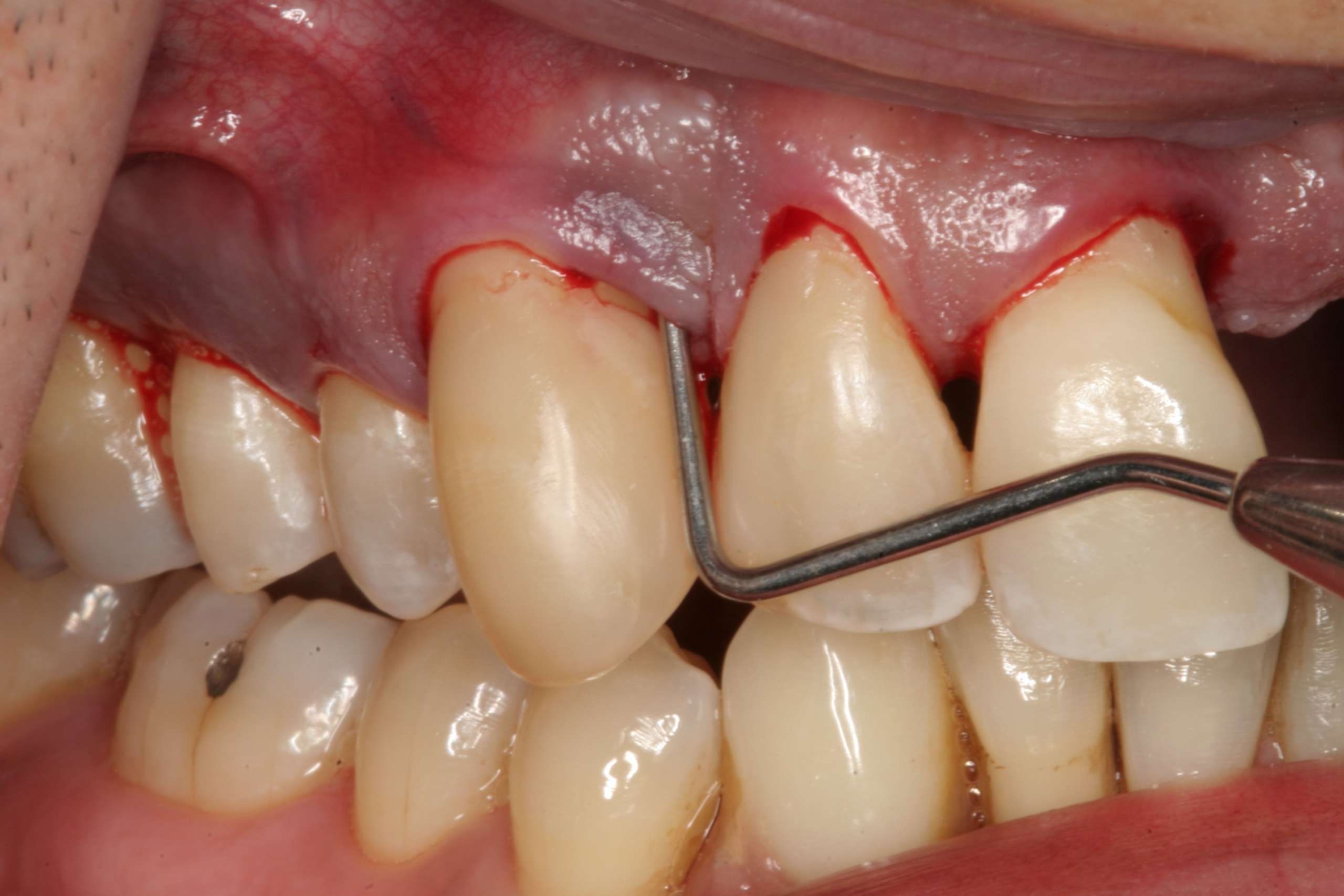
The Centre for Disease Control and Prevention (CDC) reports that smokers are twice as likely to suffer from periodontal disease as compared to non-smokers. Furthermore, gum treatment may be significantly less effective on smokers as smoking makes it harder for your gums to heal.
6. Tooth Loss
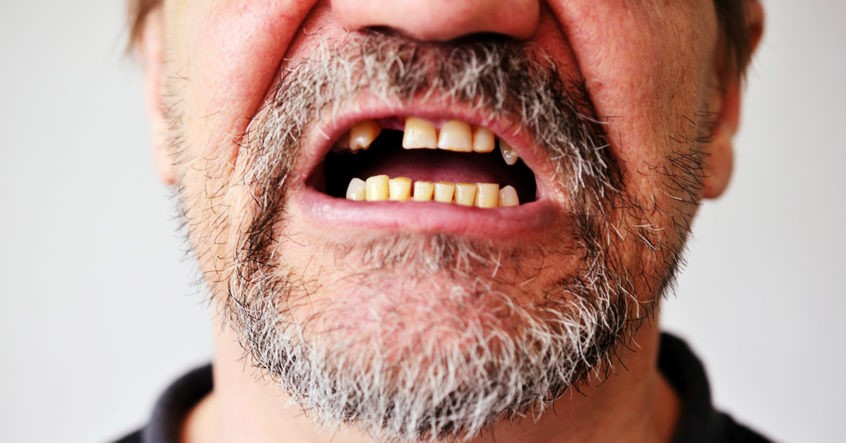
According to a study, smokers are twice as likely as non-smokers to lose their teeth in the five years after completing gum treatment.
7. Increased Rate of Failed Implants
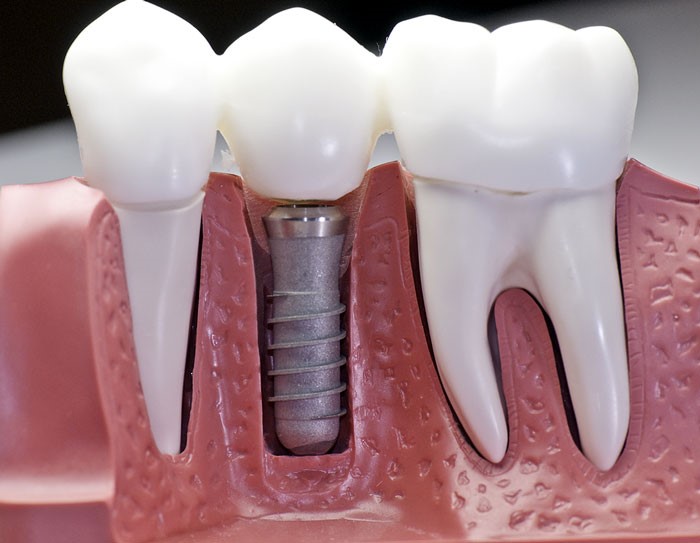
Dental implants are more likely to fail for smokers because of poor bone healing.
8. Hindered Healing

As mentioned earlier, smoking causes it to be harder for your body to heal. It also means that it lowers the effectiveness of almost all kinds of dental treatments including implants and gum treatment.
9. Oral Cancer
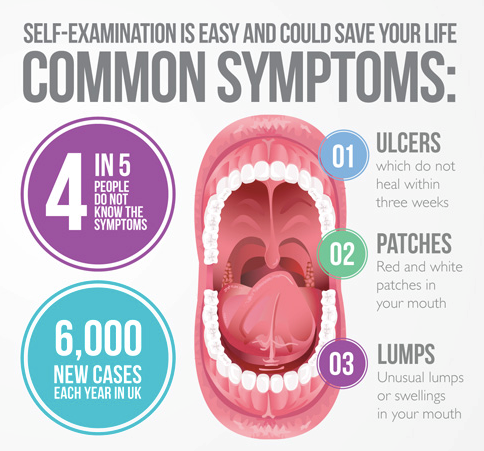
Results have shown that smoking or chewing of tobacco is the cause of 80–90% of oral cancers. Cigarette, cigar or pipe smokers are 6 times more likely than non-smokers to develop oral cancers, while users of dip, snuff or chewing tobacco products are 50 times more likely to develop cancers of the cheek, gums, and lining or the lips.
Oral cancer, which appears as a growth or a sore in the mouth that does not go away, may ultimately become life threatening if not detected early enough.
It is never too late to stop now. Quitting smoking is your key to unlocking the door to a brighter future.
Visit our dentists for dental help today.

